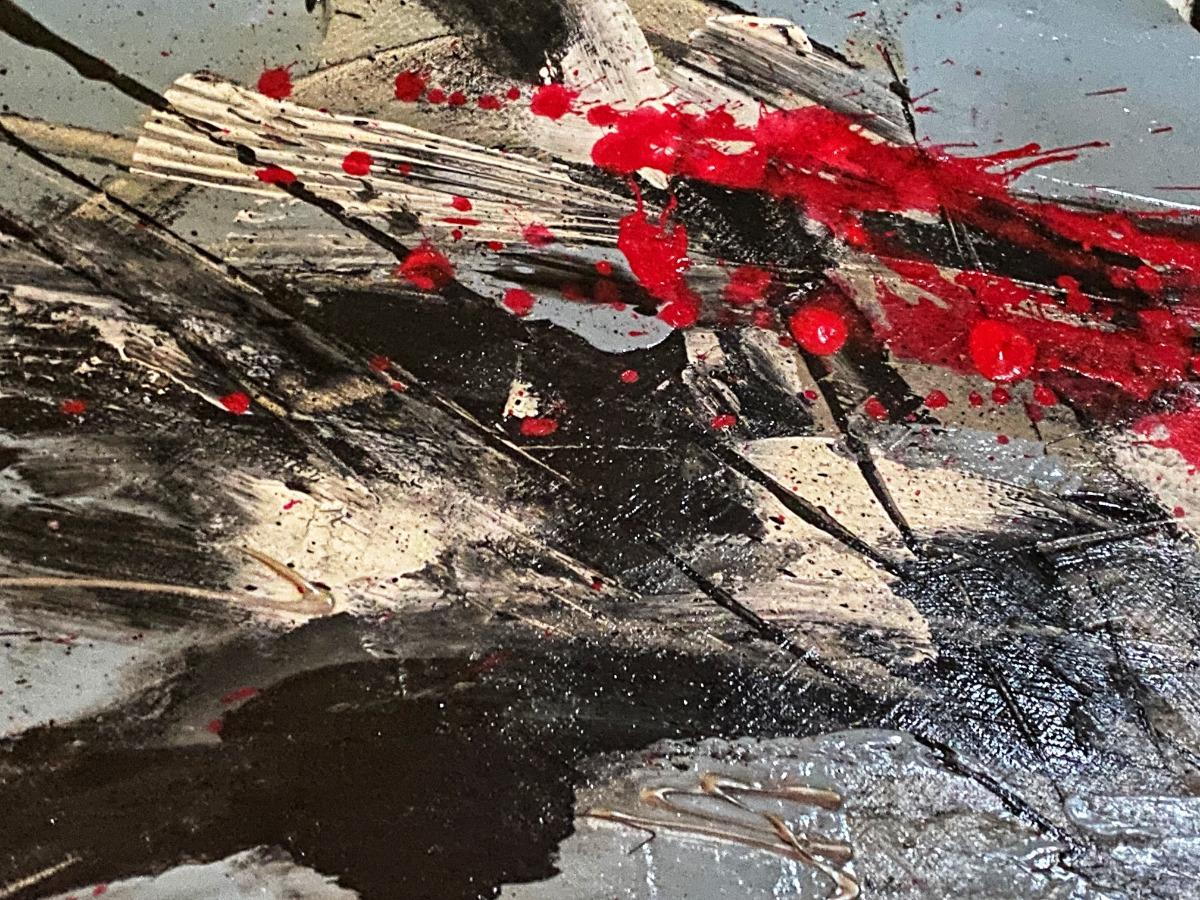
•Anxiety is a natural response to fear, stress and the unknown.
•Covid exacerbated fear, stress and uncertainty in daily life.
•Physical exercise, breathing exercises, mindfulness, creativity, and other things can help calm anxiety.
Anxiety is a response to fear, stress, and uncertainties that disrupts daily life activities. When we are anxious, we find it hard to stop worrying. Focusing can be a challenge. Anxiety can spiral into a sense of panic that you can’t cope, handle and/or survive something. It can be persistent and out of proportion to the situation. The unknown often triggers or exacerbates anxiety. An anxious person can find it difficult to control their thoughts or worry about the future. Covid-19, which is a novel coronavirus, has been just such a trigger for many people.
In early 2020 when people became aware of Covid, many people with anxiety began to talk about it in their therapy sessions. During the time that most places were shut down and people were shut in, depression was a more common response in many people. After the progress made with Covid came the seeming reversal with the delta variant and anxiety seems to have returned to the picture as well. Coping with Covid has been a journey through an unknown, uncertain, and sometimes fearful future.
What do you do to reduce anxiety? Many things can help with anxiety. When there is dysregulation in the body—a disconnect between our cognitive, emotional and physical states—we can experience anxiety. Exercise or engaging in a physical activity, work or household chore can help focus and ground us physically and can help our thoughts and feelings come together as well. Yoga is an excellent exercise for anxiety. A good, focused run or walk is another helpful example. Using mindful breathing exercises can calm us. Mindfulness, getting our thoughts, feelings and body together in a unified whole in the present moment, helps greatly with anxiety. Using creativity, whether in a visualization or artistic project, is another tool for coping with anxiety.
If Covid is an overt anxiety trigger, technological resources can be a useful coping tool. Using technology can help you to find out facts about Covid and coping from verified, reputable medical, scientific, state and government sources. If you are keeping socially distant, you can use FaceTime or Zoom chats to keep in contact with supportive others and engage socially. Many people are now using TeleTherapy for therapy sessions.
To help calm anxiety, you might try a combination of some of these coping strategies. Take a walk, come back and FaceTime a friend. Use mindfulness on a walk. Treat yourself to a snack after cleaning the house and focus on appreciating your accomplishment and enjoying your snack reward. Combining coping methods in different ways can be inventive and help us to discover new things.

